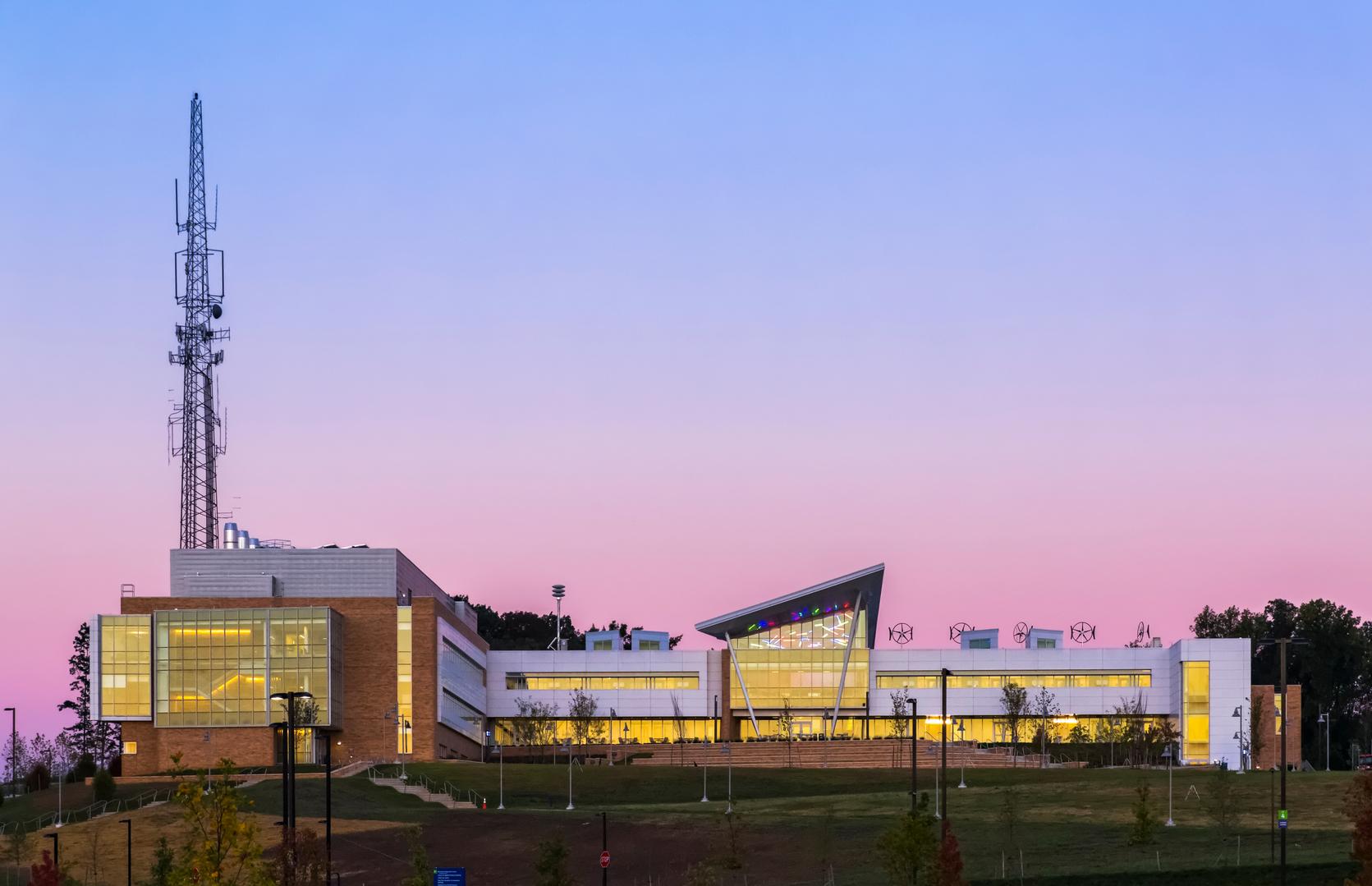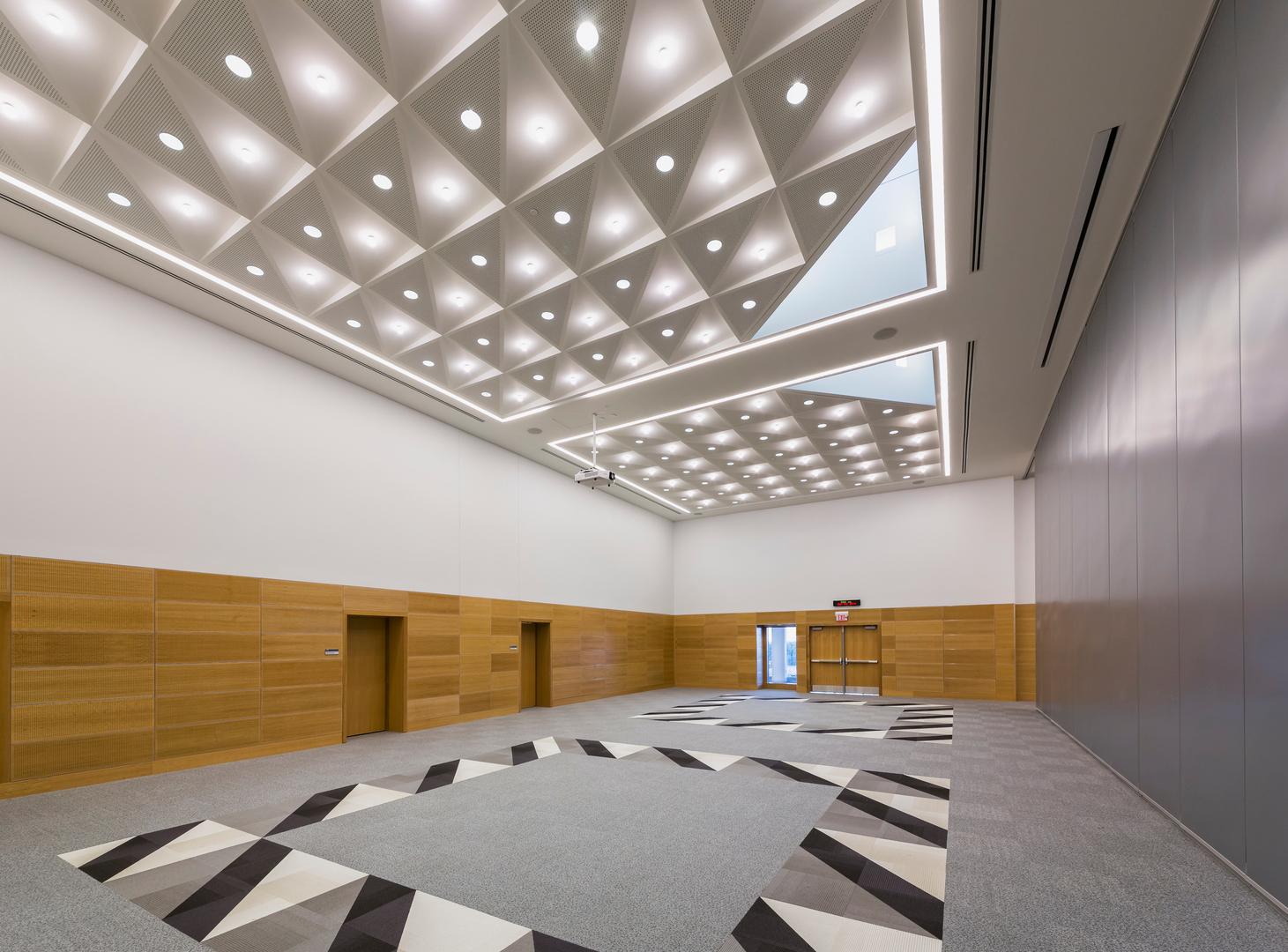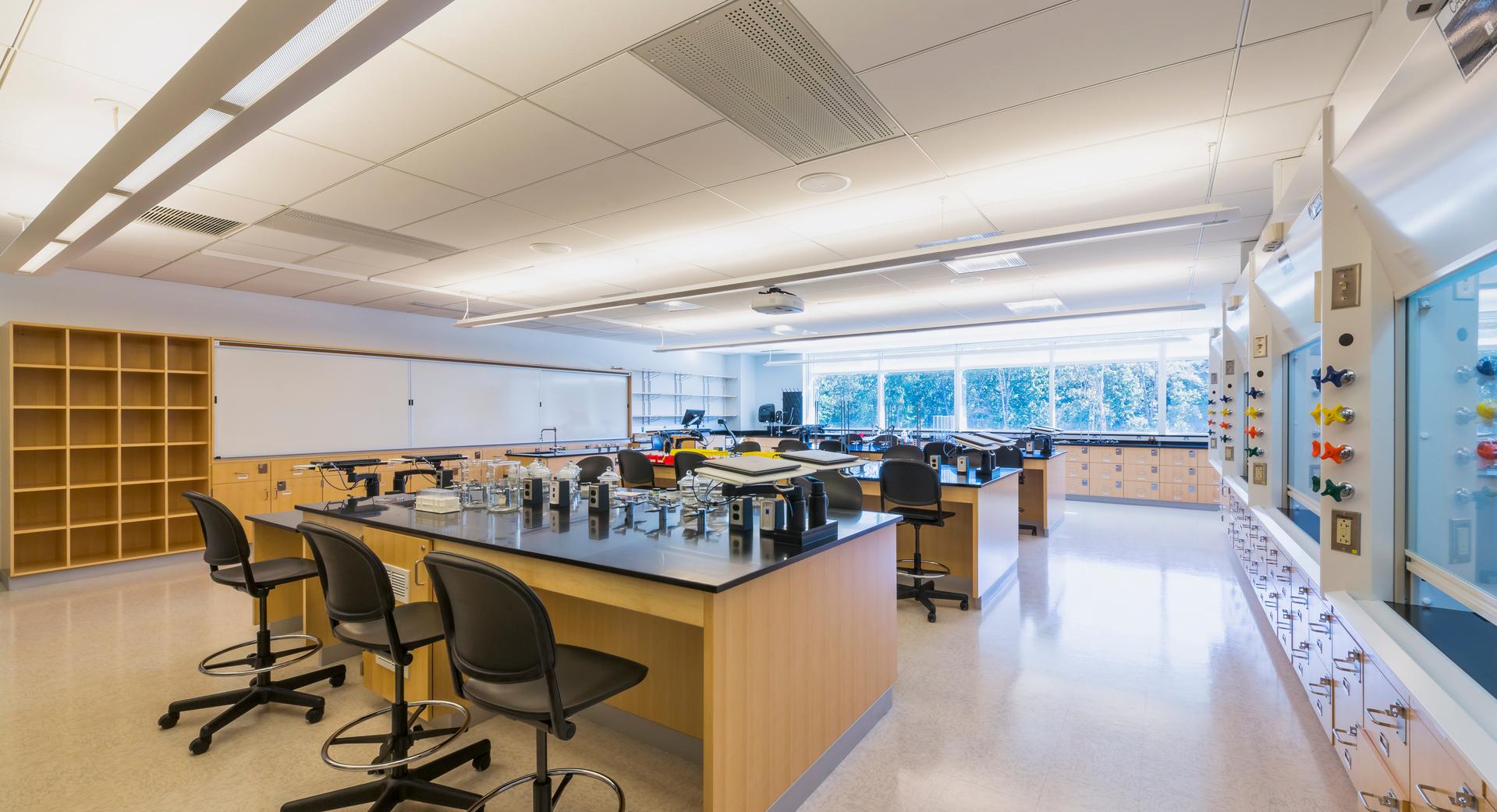Client
Montgomery College
Designer
Lukmire Partnership
Location
Germantown, Maryland
Size
141,000 Square Feet
Completion Date
2014
Delivery Method
General Contracting



Client
Designer
Location
Size
Completion Date
Delivery Method


